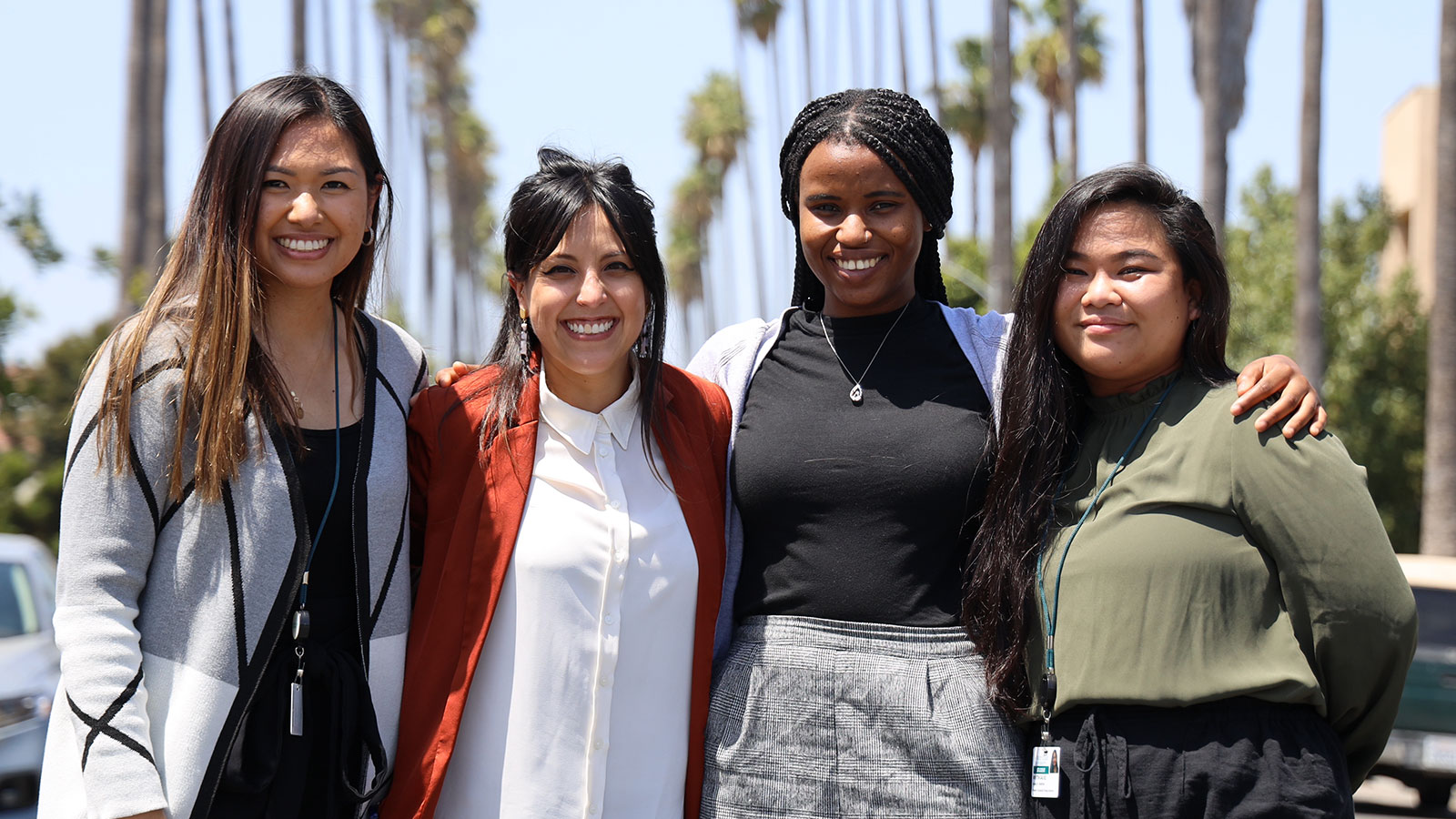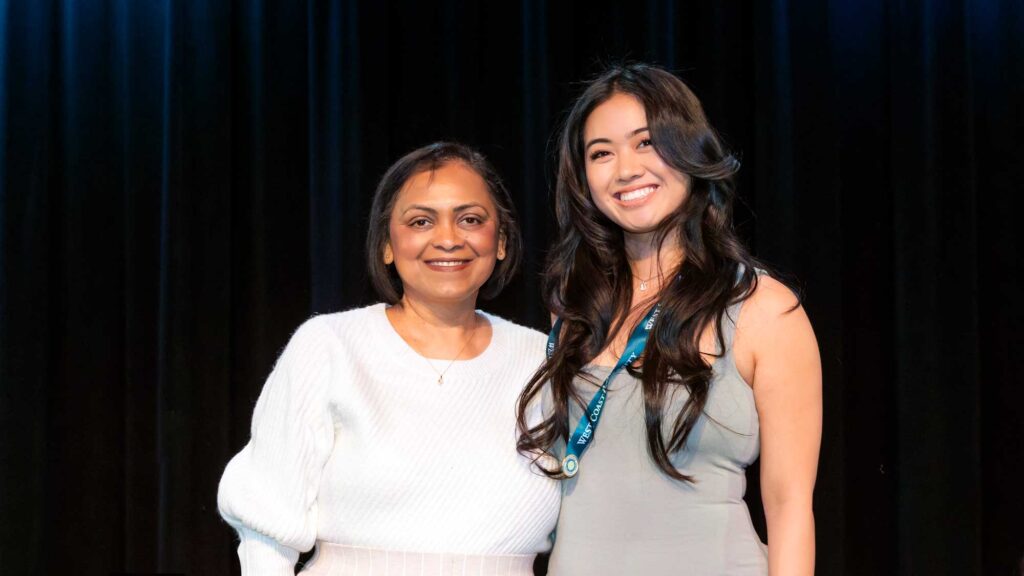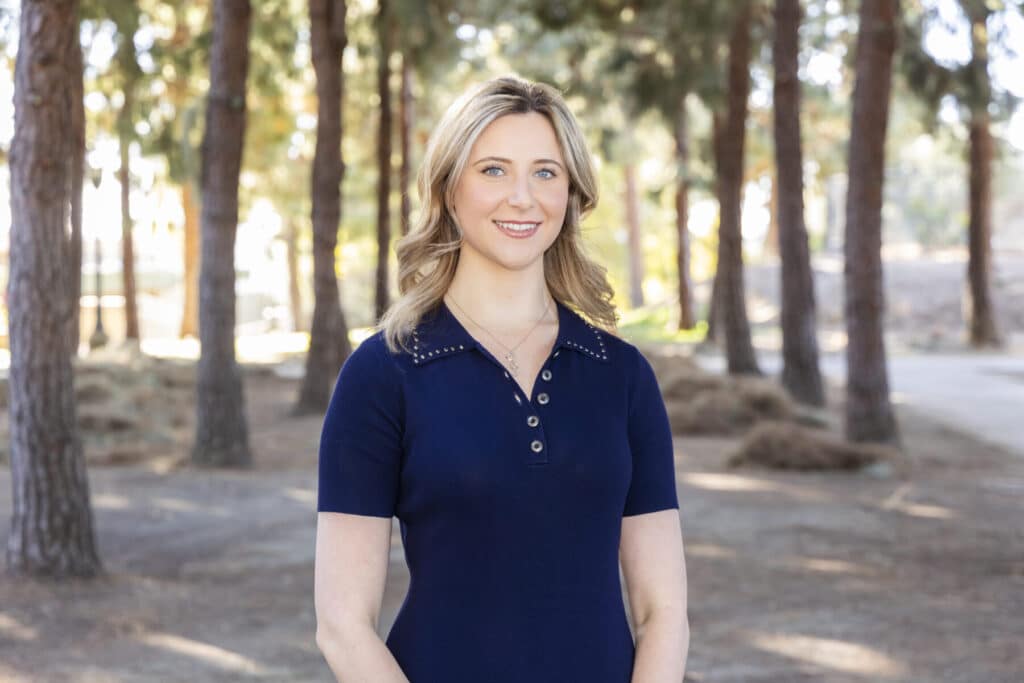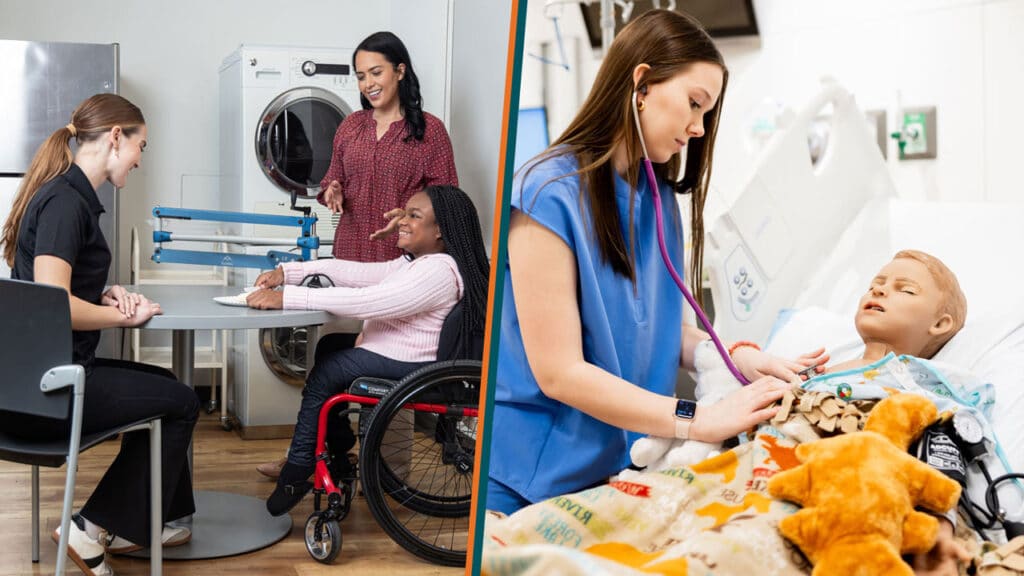For West Coast University alumni and instructor Lauren Diaz, a large portion of the fieldwork she does with students is to show the need for occupational therapists in the community.
“At the very crux of what occupational therapy is, we focus on improving the health and wellness of individuals through the engagement of meaningful occupations,” Lauren said. “We focus on helping people thrive in their environment.”
Lauren’s journey began by working at a women’s transitional living facility that was starting a therapy garden. She said that the experience led to the development of her role as a community-based fieldwork instructor.
“We created a position to go to places that don’t have OT and provide supervision for our students to focus on mental health and wellness in our community,” she said.
Lauren is currently partnering with two community organizations that assist people who are experiencing or have experienced homelessness. Students work with clients individually and put together a program to run group therapy.
At Ascencia Emergency Shelter, students are facilitating a seven-week OT group program, “Roots to Wellness,” for the residents living in the shelter.
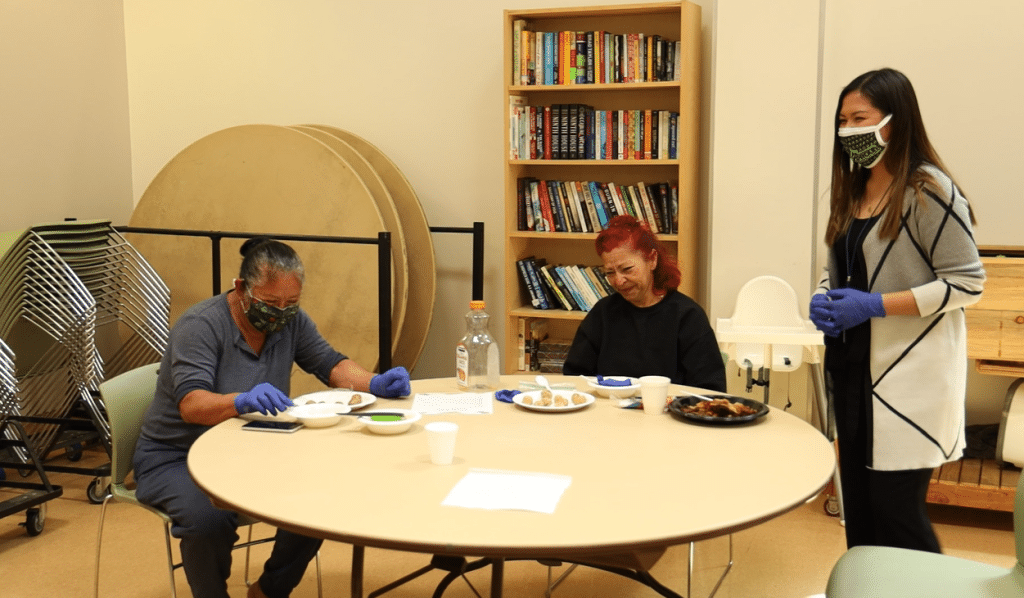
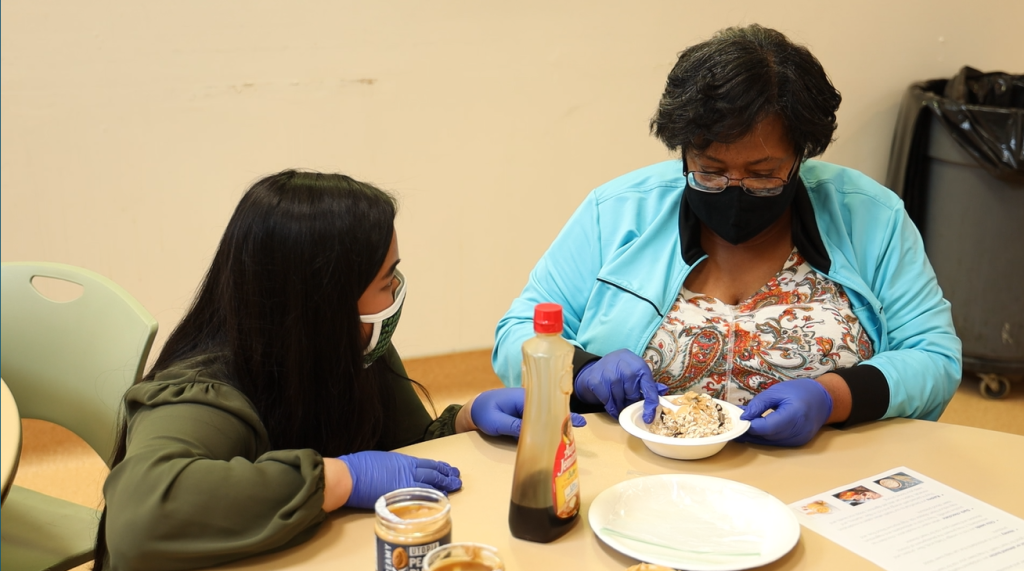
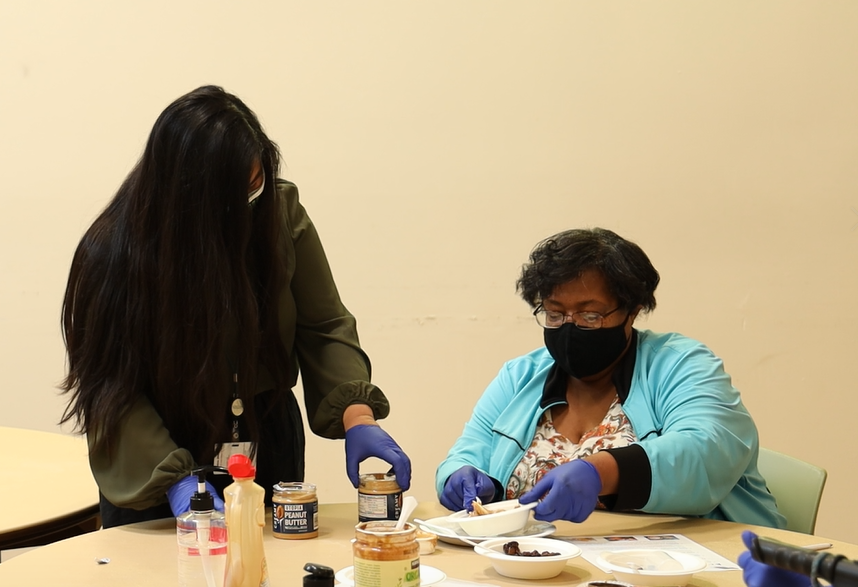
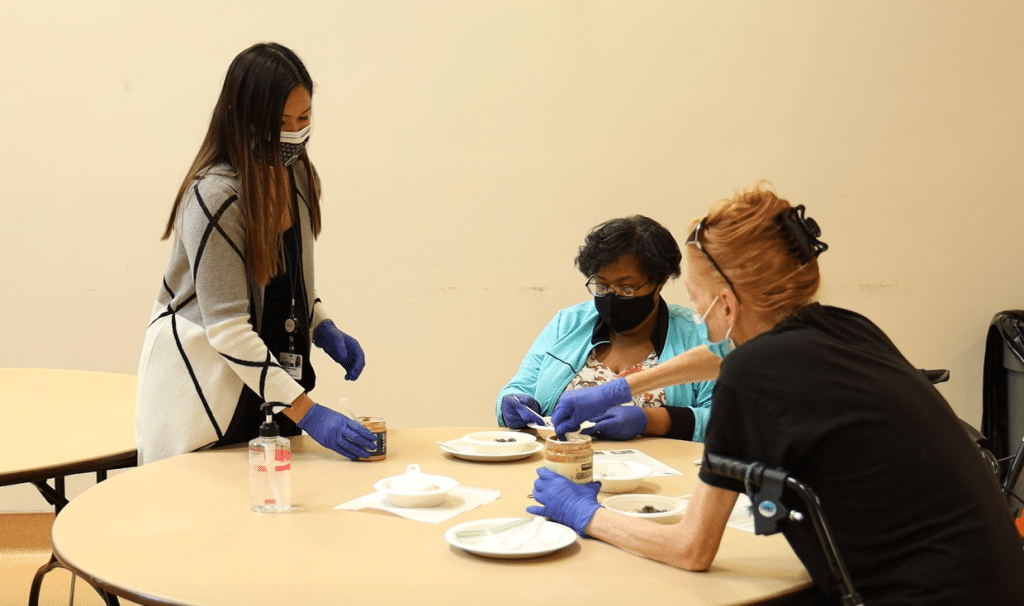
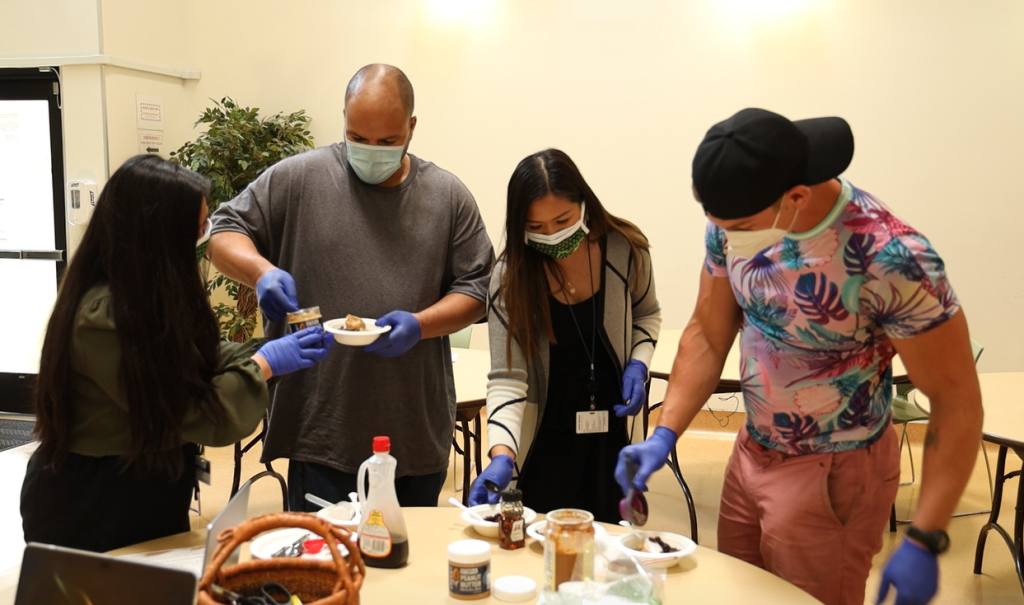
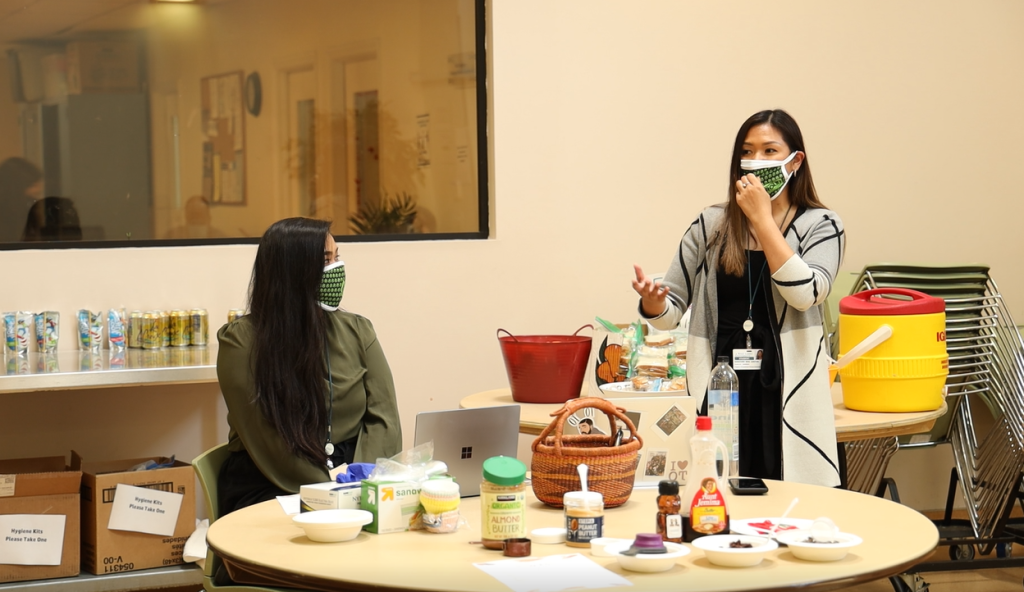
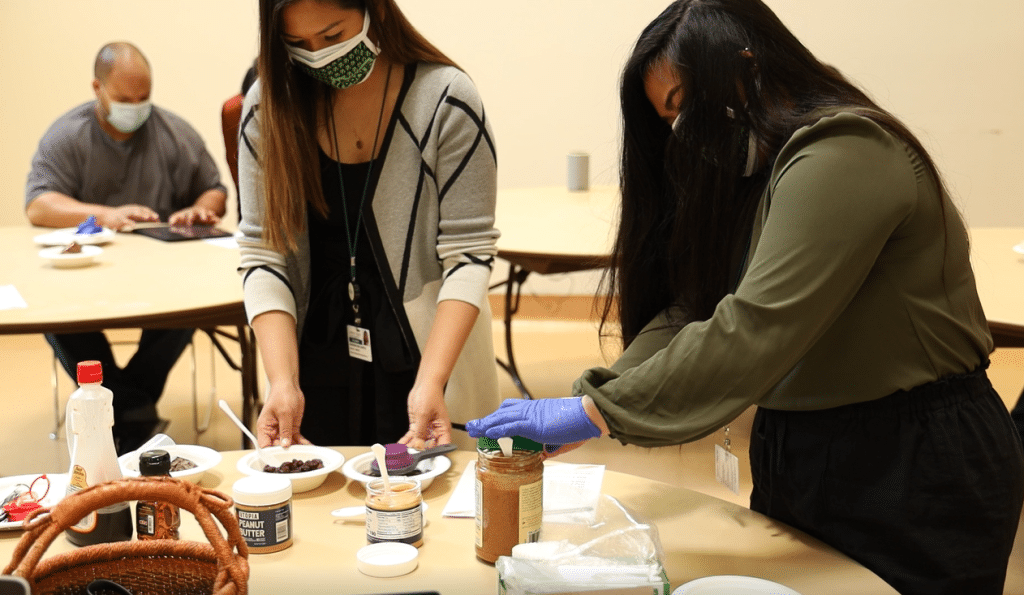
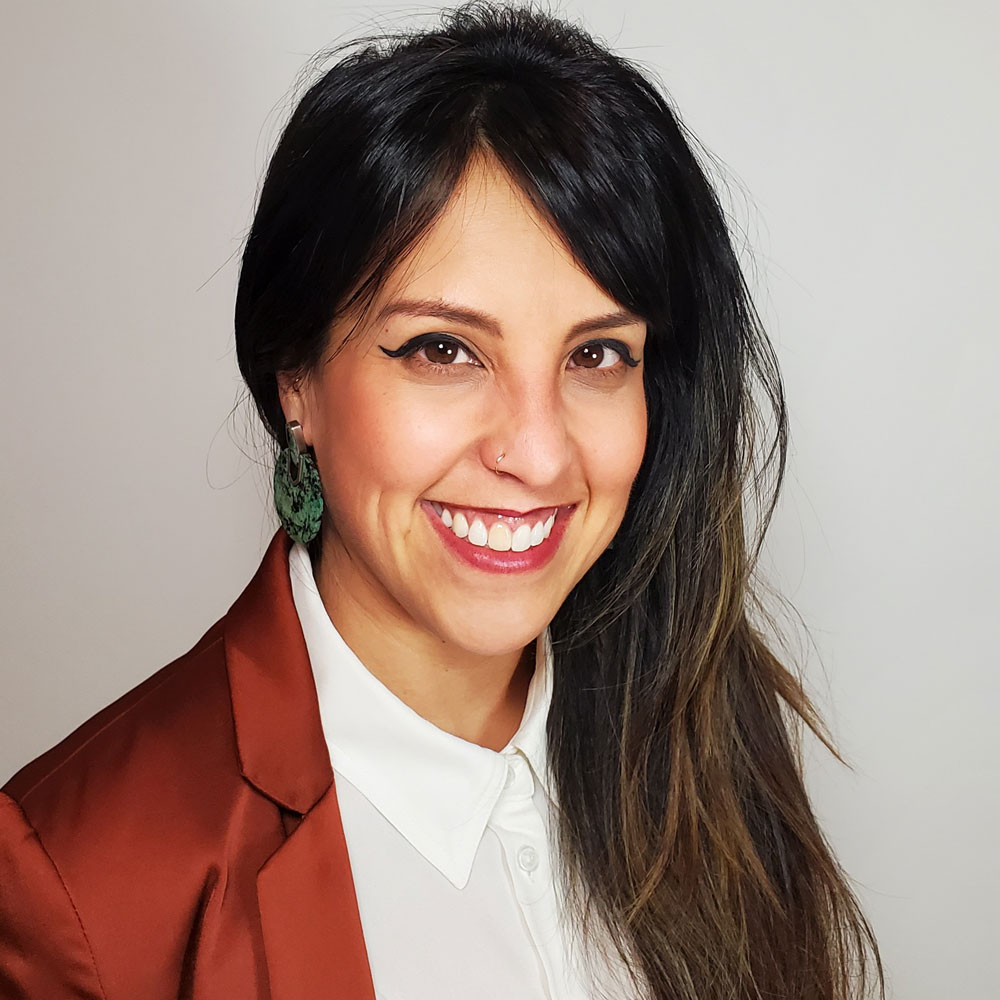
“Each week is focused on one of the eight dimensions of wellness,” Lauren said. “Students have activities for the residents that help them with goal setting and self-management strategies, such as meal planning, yoga, painting and more.”
After each trimester, students collect data and outcomes to present and advocate for the need of OTs.
“Two of our organizations have hired OTs because of the work of our students,” Lauren said.
Lauren’s passion for OT was sparked after working as a behavior interventionist for children. She said she saw some of the children experience occupational therapy. The children would go through obstacle courses and decorate cookies to improve their motor skills.
“It just looked very fun to me,” Lauren said. “It looked like the children were having fun. The therapist was having fun.”
Lauren graduated as part of the second cohort for the MSOT program at WCU-CGS in 2015.
“Through school, I learned more about the whole scope of OT and what’s possible,” she said.
Lauren hopes to foster her students’ strengths and provide them with experience in natural environments where they can grow.
“Working in the community pushes you out of your comfort zone. You have to be the one that explains what OT is and be the one who answers all of the questions,” she said. “It’s pretty exciting; we are creating new pathways for the profession.”
Frequently Asked Questions:
Q: How do occupational therapists help in community environments?
A: As professor Diaz demonstrated, there are many opportunities for occupational therapists to get involved in their local community organizations. The American Occupational Therapy Association (AOTA) provides some great resources for practitioners who want to be involved in their community, from guidelines for working with adults with chronic conditions to a Home & Community Health Special Interest Section. Check it out.
Q: What is the “Roots to Wellness” program and how does it impact the community?
A: “Roots to Wellness” is a seven-week OT group program facilitated by WCU students at Ascencia Emergency Shelter. Each week focuses on one of the eight dimensions of wellness, with activities helping residents with goal setting and self-management strategies. This program, along with other student-led initiatives, has led to two partner organizations hiring OTs, demonstrating the tangible impact of WCU’s community-based approach.
Q: If I’m interested in becoming an occupational therapist, what are my options?
A: If you’re interested in becoming an occupational therapist, explore our WCU programs! Aspiring occupational therapists can enroll in both MSOT and OTD programs. An MSOT — or Master of Science in Occupational Therapy — provides a strong foundation for clinical practice. An OTD — or Occupational Therapy Doctorate — provides more in-depth academic study for those who aspire to become researcher or instructors.
WCU provides career guidance and assistance but cannot guarantee employment. The views and opinions expressed are those of the individuals and do not necessarily reflect the beliefs or position of the school or of any instructor or student.
